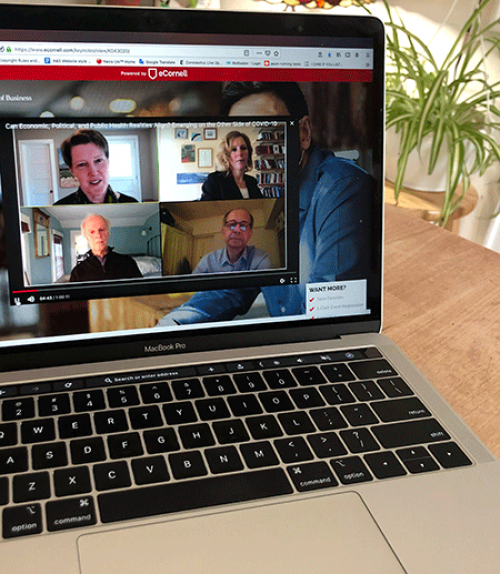
Panel: Coordination is key to a world beyond COVID-19
Cornell thought leaders discussed the balance between public health and economic health, and the role government plays in finding a path forward during this worldwide crisis.
 Department Homepage
Department Homepage

Cornell thought leaders discussed the balance between public health and economic health, and the role government plays in finding a path forward during this worldwide crisis.
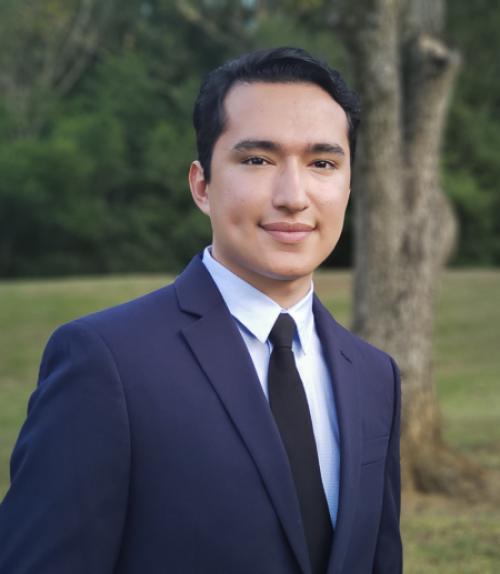
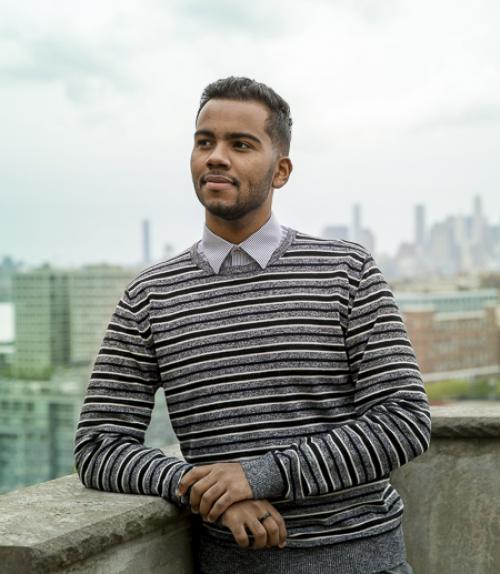
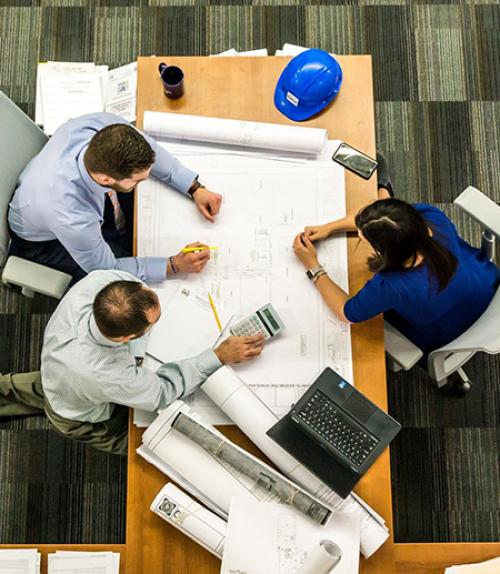
Destiny Malloy ’21 had a sweet internship lined up this summer near New York City, working in data analytics at L’Oreal. After COVID-19, it was converted to unpaid and remote. Adam Spaulding-Astudillo ’20 was in interviews for a job using his degree in ecology and evolutionary biology, but companies stopped hiring.
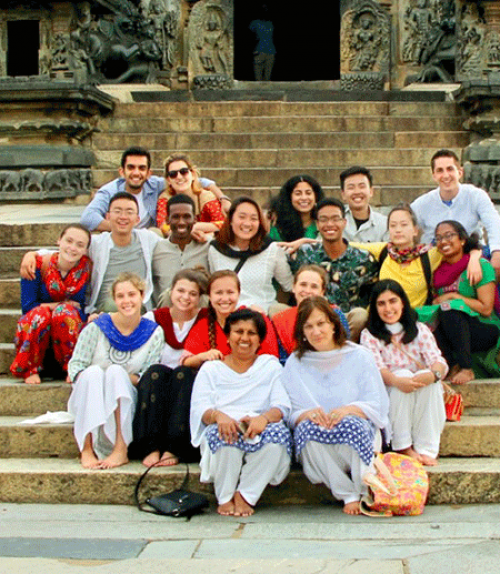
As a first-generation college student whose family – refugees from Indonesia – arrived in Harrisburg, Pennsylvania, when he was only a year old, Malikul Muhamad ’20 credits his teachers and professors with helping him chart a successful course through uncertainty and new experiences.
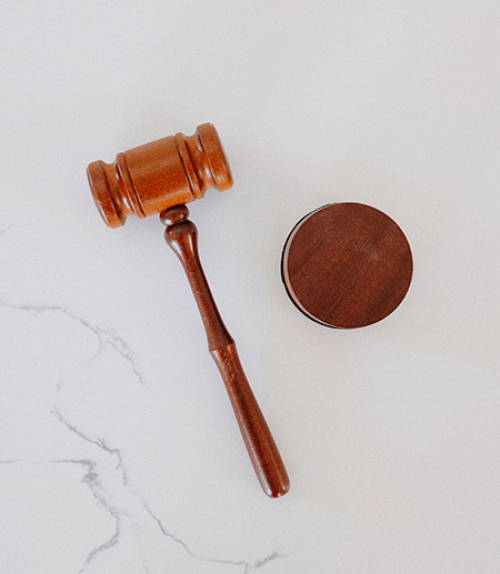
The findings suggest diversity at a profession’s highest levels may open doors for underrepresented groups at entry levels, potentially helping to reduce discrimination.
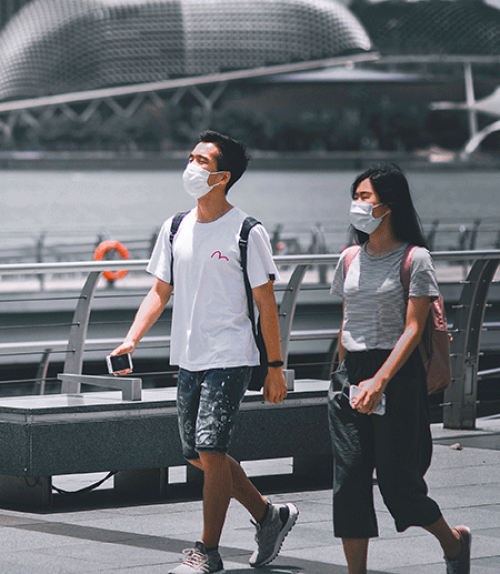
As the coronavirus pandemic escalated in the United States, reports of bias and hostility against immigrants and Asian Americans also grew. New research supported by a rapid response grant from the Cornell Center for Social Sciences (CCSS) will study public attitudes about COVID-19 across the country and whether they are linked to increased social bias regionally or nationally.
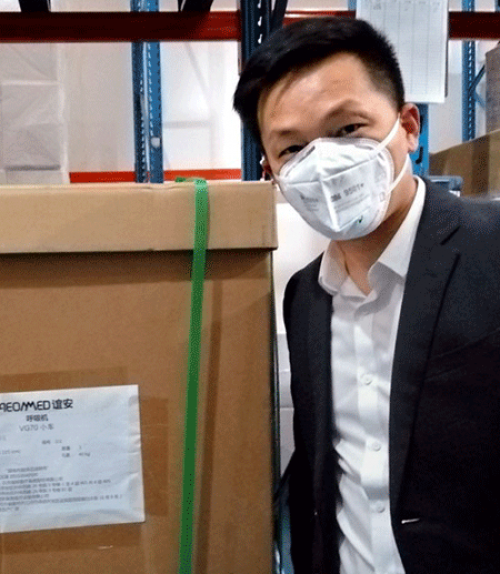
Cornell alumni, parents and friends have helped source and deliver more than 19,600 N95 respirator masks, 94,000 surgical and face masks, 59,000 surgical gloves, 2,600 sets of coveralls and other supplies.
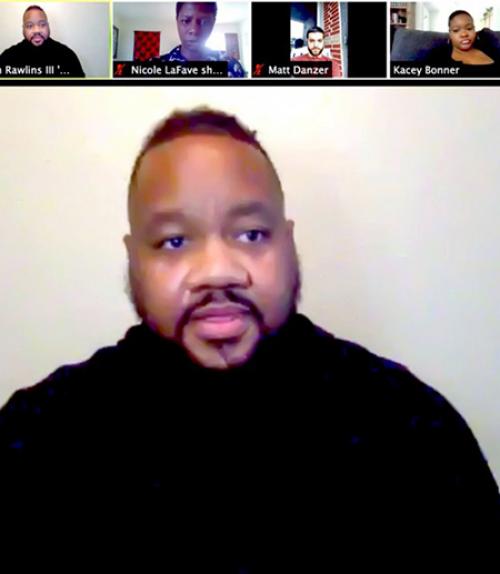
John Rawlins III '06, president of the Cornell Black Alumni Association, urged listeners to give the black community space to “share how we feel and to express what we want.”